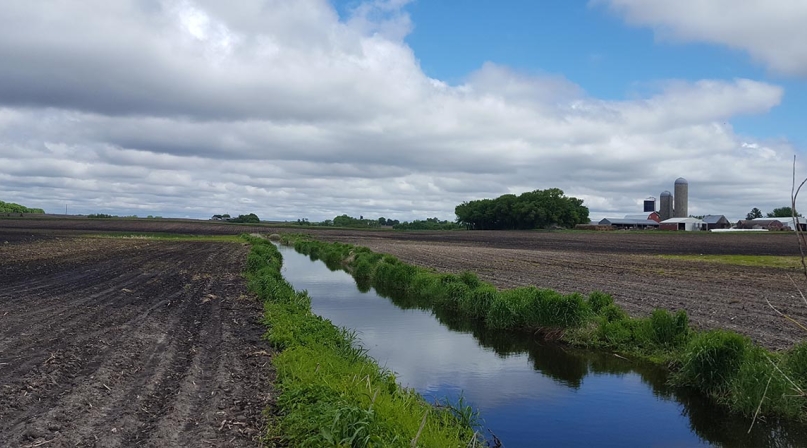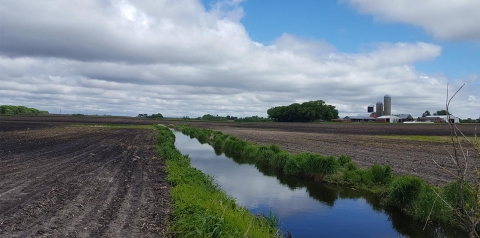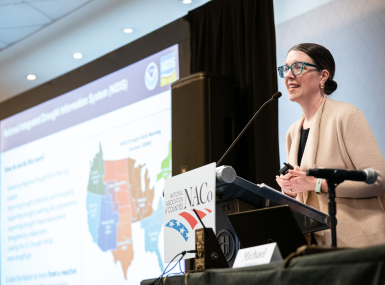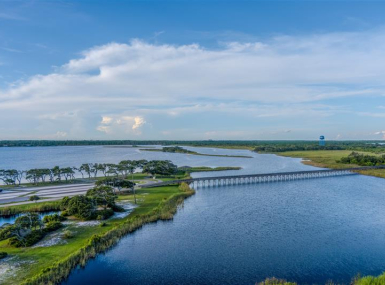NACo WEBINAR: What’s Next for WOTUS and the Federal Clean Water Act?
Upcoming Events
Related News

Key Takeaways
On February 4, NACo will host a webinar with the State and Local Legal Center on the proposed update to the Waters of the U.S. (WOTUS) rule by the U.S. Environmental Protection Agency (EPA) and the Army Corps of Engineers (Army Corps.). During the webinar, participants will hear from Samuel Brown, a former EPA attorney and currently a partner at Hunton Andrews Kurth LLP, who will provide a summary of the proposed regulation and the potential implications on state and local governments. This webinar will provide participants an opportunity to better understand the proposed WOTUS rule ahead of the forthcoming public comment period. The webinar is scheduled for Monday, February 4 at 1:00 PM Eastern Time. To register for the webinar, click please.
What is WOTUS?
WOTUS is a regulatory term used in the Clean Water Act to determine which waters and their conveyances fall under federal and state permitting authority. In 2014, EPA and the Army Corps undertook an effort to rewrite and expand the current WOTUS definition. In 2015, the Obama Administration finalized a new definition of WOTUS, which was immediately challenged in the courts.
NACo expressed concerns about the 2015 WOTUS rule and the impact a broader interpretation of WOTUS may have on county-owned and maintained roads and roadside ditches, bridges, flood control channels, drainage conveyances and wastewater and stormwater systems.
In December 2018, the EPA and Army Corps released a draft of a new proposed WOTUS definition to replace the 2015 WOTUS rule. Once published in the Federal Register, the agencies will accept public comments for 60 days.

Attachments
Related News

NOAA outlines help for counties navigating drought’s growing risks
In April, the National Integrated Drought Information System will launch the Mid-Atlantic Drought Early Warning System, which will help county officials allocate resources and attention to mitigate drought-related disasters.

House Agriculture Committee introduces 2026 Farm Bill
On February 13, House Agriculture Committee Chairman G.T. Thompson (R-Pa.-15) introduced the House version of the 2026 Farm Bill, the Farm, Food, and National Security Act of 2026.

Congress increases oversight of Gulf Coast Restoration Trust Fund
On February 3, Congress passed new funding and authority for an audit and expanded oversight of the Gulf Coast Restoration Trust Fund, which houses federal funds for recovery from the Deepwater Horizon oil spill disaster. The provision was included in the Financial Services-General Government appropriations bill (FSGG), which was one of five included in a minibus package passed by Congress (P.L. 119-75).